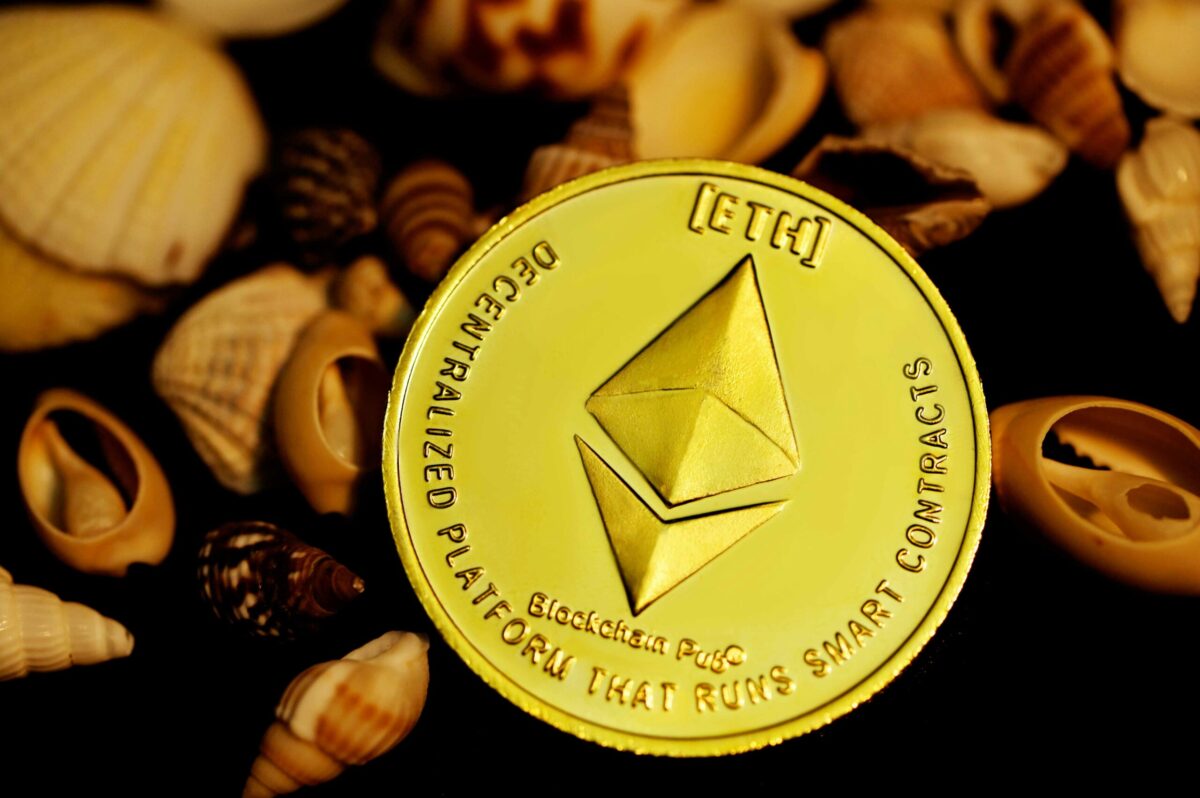Cryptocurrency startups witnessed a modest uptick in venture capital funding during the second quarter of 2023, despite a noticeable decline in the total number of deals.
According to a recent report from Pitchbook, this trend indicated a cautious yet promising interest from institutional investors in the crypto market.
While the funding landscape has improved slightly, the industry still faces significant challenges compared to the record-breaking years of 2021 and 2022.
Modest increase in funding
Pitchbook’s report, released on 9 August, highlighted a 2.5% increase in the total capital invested in crypto startups during Q2 compared to the first quarter of the year.
However, this modest rise in funding came amid a 12.5% decrease in the number of deals closed during the same period.
This disparity suggested that while fewer deals were made, those that did go through were larger, attracting more substantial investment.
The report also hinted at a growing confidence among institutional investors, who may be cautiously re-entering the crypto market after a period of uncertainty.
“With positive investor sentiment returning to crypto and barring any major market downturns, we expect the volume and pace of investments to continue increasing throughout the year”, Pitchbook noted.
This optimism, however, is tempered by the realities of a market that has yet to fully recover from the downturns of the previous year.
Infrastructure projects take the lead
The second quarter of 2023 saw infrastructure projects emerging as the primary recipients of venture capital funding, indicating a strategic focus on the foundational elements of the crypto ecosystem.
One of the standout deals was Monad, a layer-1 blockchain platform, which successfully raised $225 million in a Series A funding round.
Monad’s ability to attract such a significant amount in its early stages underscores the ongoing interest in scalable, next-generation blockchain technologies.
In addition to Monad, other infrastructure-focused projects also garnered attention. BeraChain, a decentralised finance (DeFi) protocol that introduces a novel proof-of-liquidity model, secured $100 million in a Series B round.
This funding is expected to bolster BeraChain’s efforts to enhance liquidity and drive innovation within the DeFi space.
Another key player, Babylon, a Bitcoin restaking platform, raised $70 million in an early-stage round.
Babylon’s focus on improving Bitcoin’s utility through restaking reflects the continued interest in enhancing the capabilities of established cryptocurrencies.
The quarter also saw two significant “mega-rounds”, further illustrating the concentrated nature of current investment trends.
Decentralised social media protocol Farcaster raised $150 million in a Series A round, achieving a post-money valuation of $1 billion.
Meanwhile, Zentry, a blockchain gaming platform, secured $140 million in early-stage funding.
These substantial investments highlight the continued appeal of both decentralised social media and blockchain-based gaming, sectors that are viewed as having considerable growth potential.
Shifts in the landscape
Despite the slight increase in funding, the overall investment landscape for crypto startups in 2023 remains a far cry from the exuberant years of 2021 and 2022.
During those years, the industry attracted $25.3 billion and $29.4 billion in new capital, respectively.
In contrast, total investments for 2023 have reached only $10.1 billion so far, with projections indicating that the year may close with approximately $10.8 billion in funding.
This slowdown reflected broader market conditions and investor caution, despite the recent uptick.
Pitchbook’s report also noted a shift in the competitive dynamics of fundraising rounds. While early-stage rounds have become increasingly competitive, reflecting a surge in innovation and new projects entering the market, later-stage rounds are seeing less competition.
This could be due to a more cautious approach from investors, who may be more selective about backing mature companies in a volatile market.
This competitive shift comes as major venture capital firms like Pantera Capital and Paradigm aim to raise significant new crypto funds. Pantera Capital is seeking to raise $1 billion, while Paradigm targets $850 million.
If Pantera succeeds, it would mark the largest cryptocurrency raise since May 2022, when Silicon Valley venture capital firm Andreessen Horowitz (a16z) set a record with a $4.5 billion fund.
Notably, a16z has since diversified its investments, raising $7.2 billion in May to focus on sectors such as artificial intelligence and gaming, while choosing not to expand its crypto-focused fund.
The broader crypto market also exhibited mixed signals during Q2. The market value saw a 6.1% increase, spurred by positive developments like the US Securities and Exchange Commission’s approval of nine spot Ethereum exchange-traded funds (ETFs).
However, this optimism was dampened by concerns over the US government’s repayment of Mt. Gox creditors and the impact of a German bankruptcy trustee’s sale of 50,000 Bitcoin.
Additionally, the trading volumes for the new spot Ethereum ETFs reached $5.8 billion in their first week, yet the net outflow from these investment products was $484 million, primarily driven by outflows from Grayscale’s ETHE fund.
Meanwhile, the total value locked (TVL) in DeFi rose by 3.5% in July, with platforms like CORE, Scroll, and Mantle leading the way.
On the other hand, the non-fungible token (NFT) marketplace faced a downturn, with sales dropping 7.14% to $400 million.
Overall, while the crypto industry is slowly regaining its footing, the path forward remains uncertain.
The slight increase in Q2 funding, coupled with shifting competitive dynamics and mixed market signals, suggested that while there is cautious optimism, the sector is still navigating a complex and evolving landscape.


